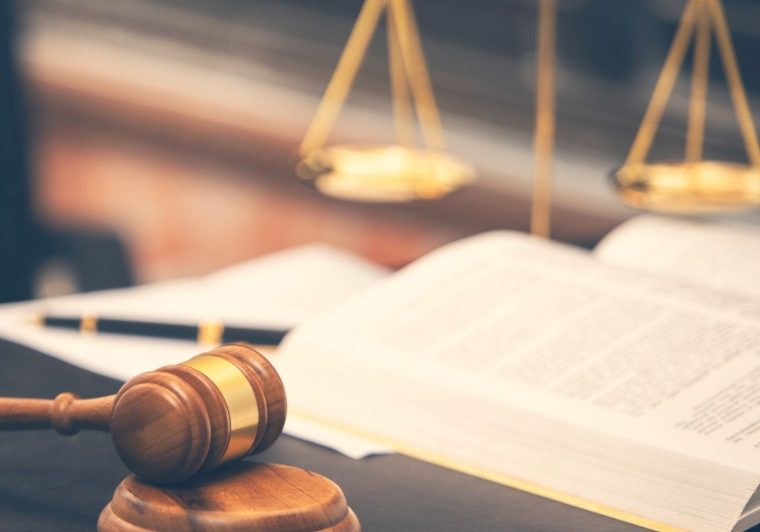
Why Royalty Audits Matter for Landowners and Mineral Rights Holders: Protecting Your Oil & Gas Royalties
If you own land or mineral rights, oil and gas royalties are likely a major part of your income. But how do you know if you’re getting paid what you’re owed? Oil and gas accounting is complex, and mistakes—or even intentional underpayments—are more common than many landowners realize. That’s why royalty audits are a vital safeguard.
As experienced oil and gas attorneys, Sweat Law understands the challenges landowners face when it comes to royalty payments. Here’s why royalty audits are critical to protecting your interests and ensuring fair compensation:
1. Verifying Accurate Royalty Payments
Oil and gas royalties are usually calculated using complicated formulas based on production volumes, market prices, and sometimes net proceeds after expenses. Errors can happen at any stage—from measurement at the wellhead to final accounting by the operator. A royalty audit provides an independent review of all relevant records—production reports, payment statements, and contracts—to ensure your payments match what’s truly produced and sold.
2. Detecting Underreporting or Underpayment
Unfortunately, underreporting production or underpaying royalties is not uncommon in the oil and gas industry. Sometimes, it’s due to honest mistakes or accounting errors; other times, it’s deliberate. An audit allows you to cross-check operator records against state production reports and your payment history, helping to identify any discrepancies and recover lost income.
3. Ensuring Compliance with Lease Terms
Your oil and gas lease is a legally binding contract with specific terms about how royalties are to be calculated and paid, what deductions are allowed, and what reporting is required. Audits confirm whether the operator is following the lease terms, and can identify issues such as unauthorized deductions, late payments, or missing documentation.
4. Uncovering Excessive or Unapproved Deductions
Operators often deduct post-production costs—such as transportation, processing, or marketing expenses—from royalty payments. Sometimes these deductions are inflated or not permitted under your lease. A royalty audit reviews all deductions to ensure they are legitimate, accurately calculated, and compliant with your agreement, helping you reclaim any funds improperly withheld.
5. Resolving Disputes and Avoiding Litigation
If there is a dispute over royalty payments, a thorough, third-party audit provides clear, factual evidence to support your position. This can help resolve disagreements without resorting to costly legal battles. Even if you haven’t noticed a problem, regular audits can help prevent issues before they escalate.
6. Building Trust and Transparency
Regular royalty audits build transparency between landowners and operators. By showing you take your rights seriously, audits foster accountability and can deter potential misuse, mistakes, or fraud.
Protect Your Royalties—Don’t Leave Money on the Table
Oil and gas royalty payments should never be left to chance. At Sweat Law, we help landowners, mineral rights holders, and royalty owners verify their payments, recover missing funds, and enforce their contractual rights. Whether you suspect underpayment or just want peace of mind, a royalty audit is the best way to ensure you receive everything you’re owed.
Contact Sweat Law today to learn how our team of oil and gas attorneys can help you protect your royalty interests.
